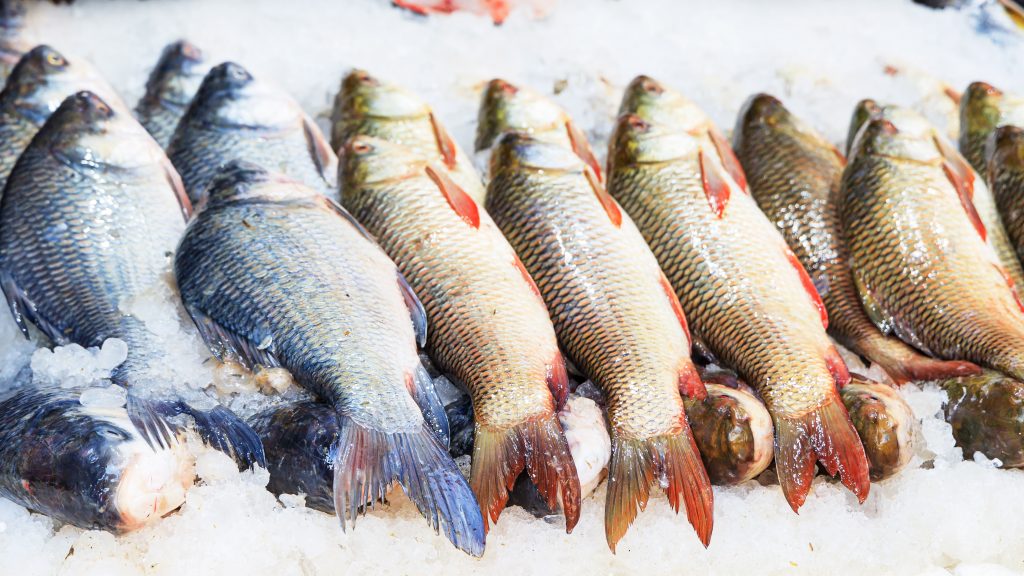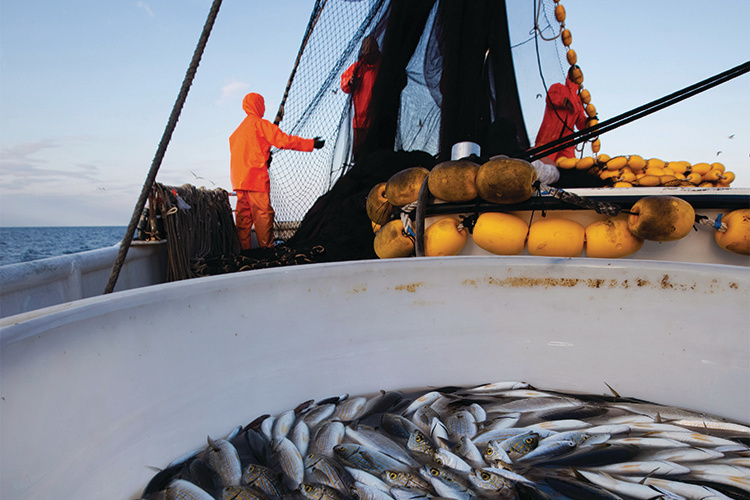A US court ban on importing several fish species from New Zealand’s inshore trawling and gillnet fisheries off the west coast of the North Island will have a significant impact on Māori fisheries quota owners, says Te Taumata Chair, Chris Karamea Insley.
Conservation group, Sea Shepherd filed a submission to the US Court of International Trade, citing a lack of action by the New Zealand Government to protect critically endangered Māui dolphins.

The halt on trade will affect a relatively small portion of overall fisheries trade to the US – around $2 million per year – but could cost New Zealand’s fishing industry up to $200m, says Ministry of Primary Industries Manager of International Fisheries Management, James Brown.
This will put an increasing strain on Māori quota owners, and adversely on our Māori economy, since they represent a significant portion of the New Zealand fishing industry, says Chris.
“Māori enterprises are already facing a large number of wero attributed to increasing costs in the supply chain, climate change, and meeting legal and regulatory requirements, including ensuring a social licence to operate.
“Without this social licence, we will see increased pressure being placed on regulators by consumers.
“These matters only reinforce that mana motuhake must sit with Māori, to allow iwi and Māori enterprises greater control over their own supply, and to govern our own decisions in global trade.
“We also need to acknowledge that while our role is to advocate in the best interests of Māori in global trade, we also have a role and responsibility as Māori, as kaitiaki, to protect our taonga and taiao.”
A hearing next month is expected to hear further arguments and Te Taumata will be monitoring the outcomes closely.


